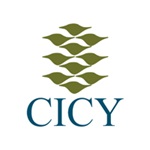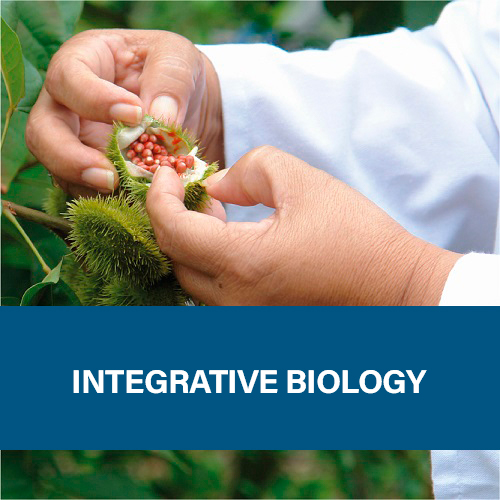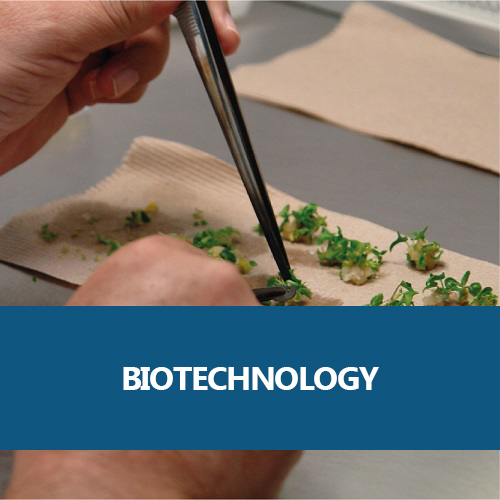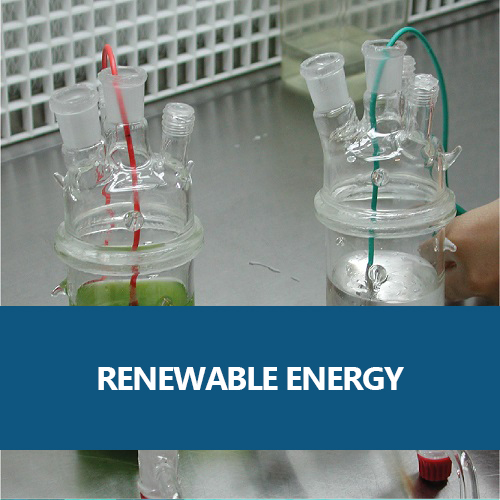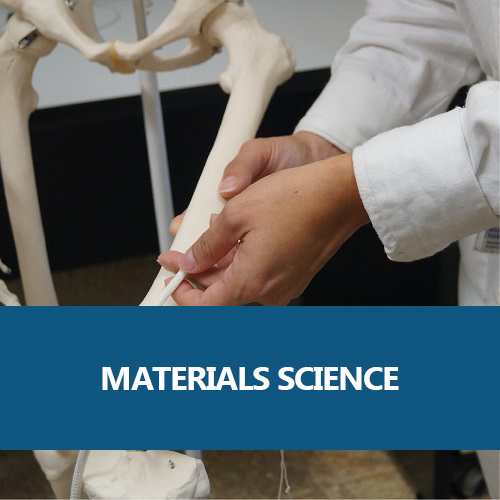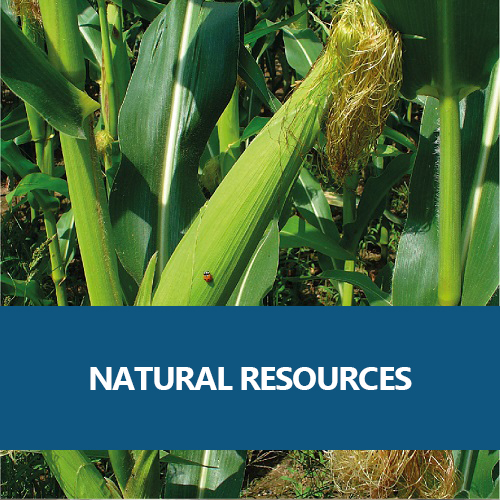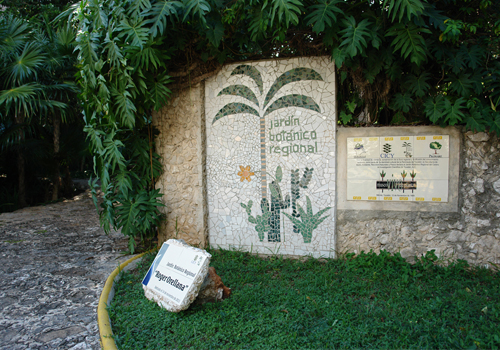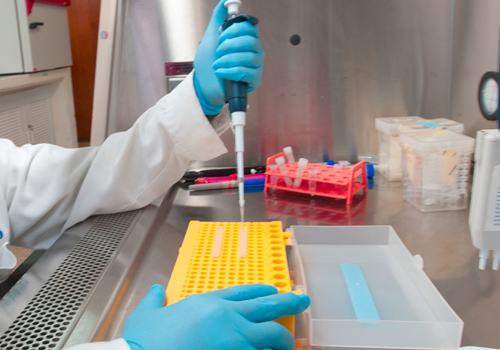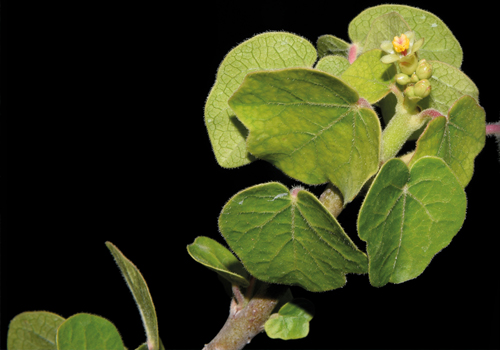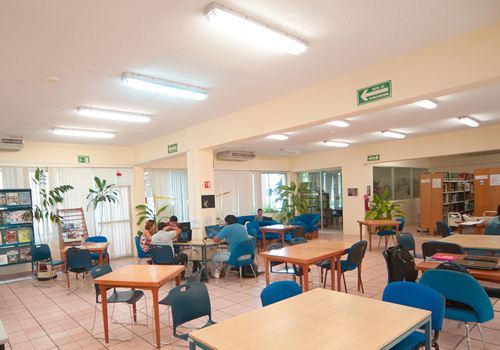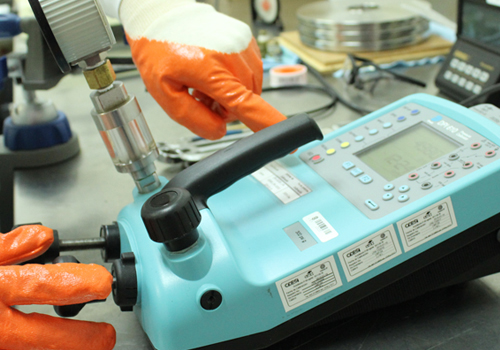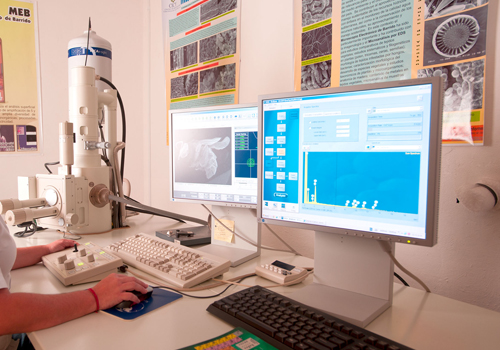INTRODUCTION
Integrative Biology Division specializes in basic research aimed at generating knowledge in the fields of genetics, cell biology, molecular biology, biochemistry and physiology for plants of agro-industrial interest or those native to the Yucatan Peninsula.
It also develops new methodologies in these fields, emphasizes the training of highly-qualified researchers. In addition to generating basic knowledge, projects such as those focused on coconut and somatic embryogenesis of coffee generate different applications for use in processes.
Mission
Perform basic-level research in plant biochemistry, molecular biology, cell biology, genetics and physiology in models of agricultural and/or industrial interest and/or those native to the Yucatan Peninsula.
Train highly-qualified researchers, and publish research results in high-impact national and international journals.
Vision
The researchers of this Division will be nationally and internationally recognized as among the best in basic research in plant experimental biology, and will regularly publish their work in the most relevant and highest impact journals in their disciplines.
Doctoral student graduating from this Division will be independent researchers fully capable of joining prestigious research institutions both in Mexico and abroad.
RESEARCH AREAS
1. PLANT GENETICS
Knowledge of plant genetics is essential to genetic improvement, germplasm production and maintenance, and cytogenetics, among other areas. Employing modern molecular biology methodologies in conjunction with genetics allows us to optimize plant genome research. We apply these methodologies to study chromosomal number, genetic variation at different levels of DNA organization, abnormalities in mitosis and meiosis, as well as mutations and alterations in genetic material. These help us to understand natural populations, germplasm banks, progeny and tissue cultures, which are essential to maintaining, conserving and improving commercially important crops.
Research Topics:
- Molecular Markers.
- Creation and application of tools for genetic improvement.
RESEARCHERS
2. PLANT-ENVIRONMENT INTERACTION
Plants are sessile organisms and have biochemical and molecular mechanisms that regulate their physiological functions. These mechanisms allow perception of biotic and abiotic environmental factors such as light temperature, humidity, nutrients, and the presence of other living things.
Research in the Plant-Environment Interaction Division focuses on the effects that the environment’s physiological and pathological nature exert on important metabolic events such as signal transduction, gene expression, synthesis of specific proteins, root morphology and architecture, and secondary metabolite production, among others. The results clearly contribute to overall understanding of the plant-environment interaction, but knowledge of the mechanisms regulating these interactions can help to design improvement programs for important agro-industrial crops such as coffee, habanero pepper, tomato, banana, etc.
Research Topics:
- Environmental toxicity (aluminum).
- Nutrient balance (nitrogen, potassium, sodium).
- Water stress (drought).
- Pathogen identification.
- Cloning of defense genes.
- Generation of resistant plants.
RESEARCHERS
- Ileana Echeverría Machado, PhD.
- Georgina Estrada Tapia, PhD.
- Ignacio Rodrigo Islas Flores, PhD.
- Luisa A. López Ochoa, PhD.
- Manuel Martínez Estévez, PhD.
- Oscar Alberto Moreno Valenzuela, PhD.
- Teresa Hernández Sotomayor, PhD.
3. SECONDARY METABOLISM AND METABOLIC ENGINEERING
Plants cells have primary metabolic routes that are involved in formation of the precursors required for development. They also produce other compounds that, although not linked to basic functions, confer adaptive advantages. Known as secondary metabolites, they include alkaloids, carotenoids and phenols, among others. Considered metabolic aberrations until recently, secondary metabolites form part of the secondary metabolism, which consists of strictly controlled pathways, highly specific enzymes and closely regulated connections to the primary metabolism.
Secondary metabolites have myriad industrial applications as pharmaceuticals, aromas, etc. Research in the Secondary Metabolism and Metabolic Engineering Division involves plants that produce secondary metabolites with potential commercial uses. It focuses on understanding how the routes in secondary metabolite formation function, the factors that affect these metabolites and development of use strategies.
Research Topics:
- Pigment synthesis regulation.
- Nitrogen metabolism.
- Capsaicin accumulation.
RESEARCHERS
- Felipe Augusto Vázquez Flota, PhD.
- Gregorio del Carmen Godoy Hernández, PhD.
- Renata Rivera Madrid, PhD.
- Víctor Manuel Loyola Vargas, PhD.
4. MORPHOGENESIS AND GENE REGULATION
Genetic regulation is the process that controls genetic information. Using molecular biology and microscope techniques, this Division concentrates on how this information is controlled in multicellular organisms. For example, the study of development and morphogenesis utilizes the fact that in plants somatic embryos can develop from competent individual cells, although the origin of competent cells remains unclear. It is generally believed that some cells become competent when explants are cultured in the presence of hormones. Once formed, somatic embryos use the same developmental mechanisms as zygotic embryos. Plant somatic cells have the genetic information needed to create a complete and functional plant, and gene expression is regulated to allow differentiation of the organs in a plant identical to its parent. Induction of somatic embryogenesis is therefore a consequence of replacement of tissue cell genetic expression patterns with genetic-embryogenic expression patterns. Though this complex process has been studied extensively, why it occurs and the mechanisms that regulate it still require study.
Research Topics:
- Germplasm banks.
- In vitro culture of plant tissues.
- Transcriptional regulation.
RESEARCHERS
Staff
RESEARCHERS
- Enrique Castaño de la Serna, PhD.
- Georgina Estrada Tapia, PhD.
- Ignacio Rodrigo Islas Flores, PhD.
- Luisa A. López Ochoa, PhD.
- Oscar Alberto Moreno Valenzuela, PhD.
- Víctor Manuel Loyola Vargas, PhD.
- Felipe Augusto Vázquez Flota, PhD.
- Fulgencio Alatorre Cobos
- Gregorio del Carmen Godoy Hernández, PhD.
- Ileana Echeverría Machado, PhD.
- Víctor Manuel Aguilar Hernández, PhD.
- Manuel Martínez Estévez, PhD.
- Nancy Santana Buzzy, PhD.
- Renata Rivera Madrid, PhD.
- Teresa Hernández Sotomayor, PhD.
TECHNICIANS
- Adolfo Alberto Guzmán Antonio, EdD.
- Ángela Francisca Kú González, EdD.
- José Armando Muñoz Sánchez, EdD.
- Ligia Guadalupe Brito Argáez, MSc.
- Lucila Aurelia Sánchez Cach, MSc.
- María de Fátima Medina Lara, MSc.
- Miguel Alonso Tzec Simá, MSc.
- Ramón Armando Souza Perera, MSc.
- Yereni Minero García, MSc.
- Adriana Canto Flick, MSc.
- Elidé Avilés Berzunza, MSc.
- José Roberto Kú Cauich, MSc.
- Lizbeth Arianelly Castro Concha, MSc.
- Luis Carlos Gutiérrez Pacheco, MSc.
- Margarita de Lourdes Aguilar Espinosa, MSc.
- Miriam del Socorro Monforte González, MSc.
- Rosa María Galaz Avalos, MSc.
- Wilma Aracely González Kantún


